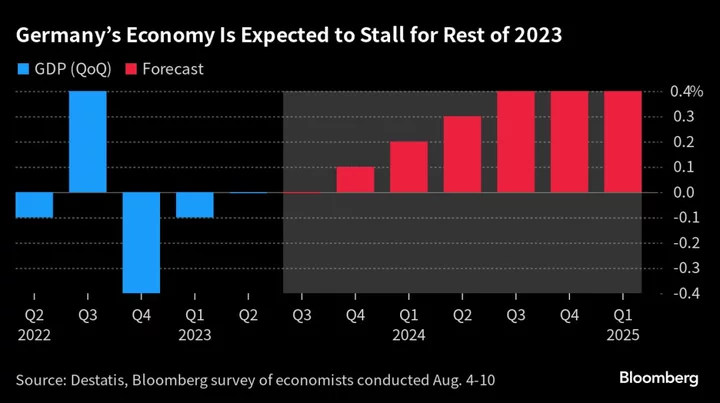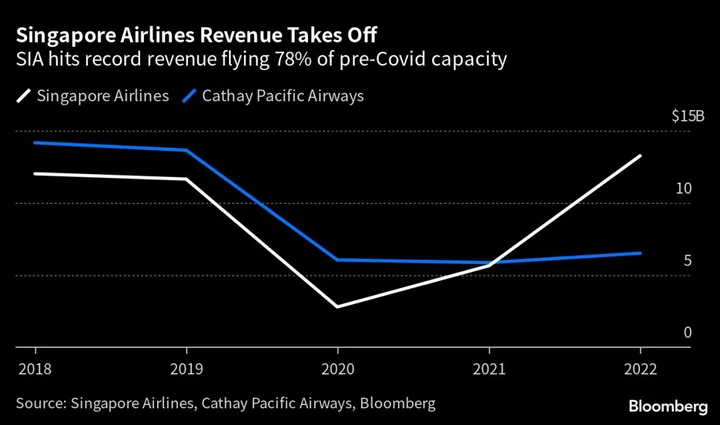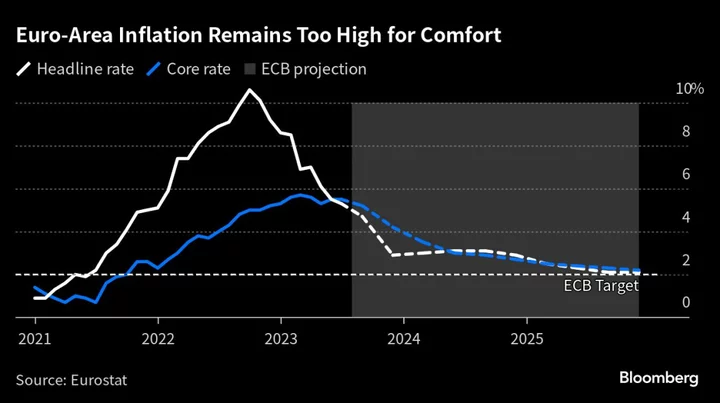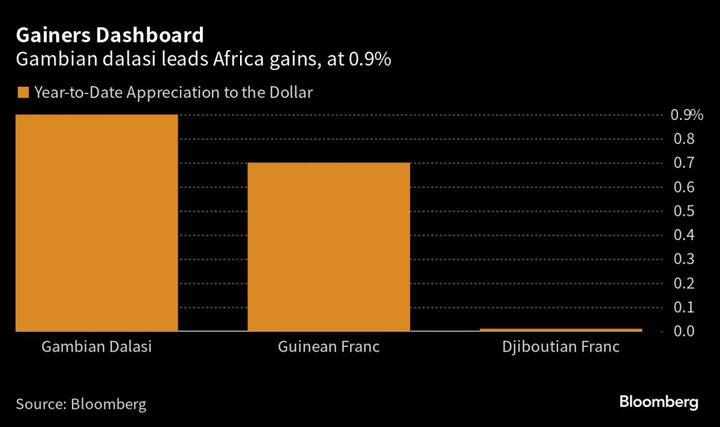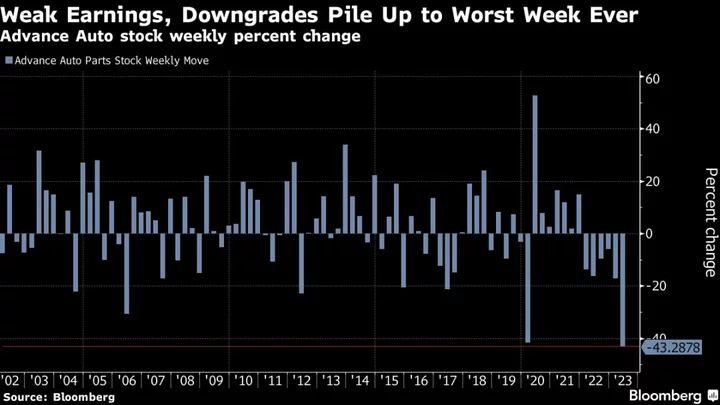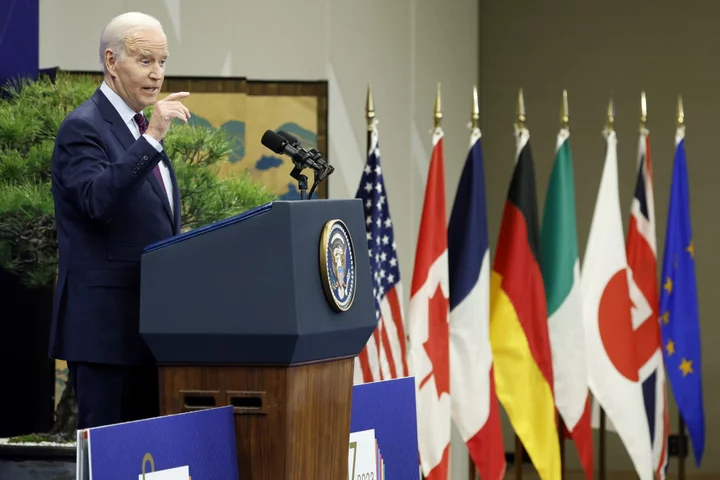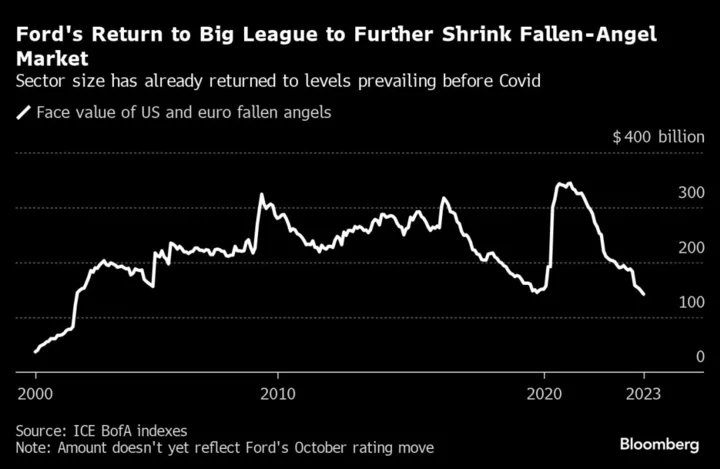Britain’s Labour Party is planning to convene a group of some of the largest financial companies in the UK to help it form policies for infrastructure investment as it seeks to make the area a key part of its platform for next year’s election campaign.
The party has contacted firms including Lloyds Banking Group, HSBC Holdings Plc, Banco Santander SA, Blackstone Inc., and BlackRock Inc. to see if they will participate, according to several people familiar with the matter. The financial firms may join in a non-partisan way and are also regularly engaged in talks with the rival Conservative party, according to two of the people.
“Labour is in discussions with a number of businesses about working with us in an independent advisory capacity,” a Labour spokesperson said.
Some of the businesses have agreed to join despite last month pulling out from similar plans that were due to be announced at Labour’s party conference. Their concerns were that the timing tied them too closely to the opposition party, while some were also lobbied by senior Conservatives to stick with their party as the natural home of business.
A spokesperson for Lloyds confirmed the bank was joining the group. Spokespeople for BlackRock, Blackstone, Santander and HSBC declined to comment.
Read more: City Firms Caught in Crossfire of Labour-Tory Business Battle
The ruling Conservatives and Labour are vying with each other to partner with business to boost investment in areas ranging from green energy to local infrastructure. Chancellor of the Exchequer Jeremy Hunt is expected to use his Autumn statement on November 22 to give more details about how to direct Britons’ pensions savings into illiquid and riskier assets as part of a bid to improve their returns while also boosting investment in the UK.
Labour leader Keir Starmer said last month that, if elected, his party’s “single defining mission” would be to increase economic growth, an objective which would be helped by partnership with business.
The party is due to convene the first meeting of chief executives or other senior figures from the participating businesses on November 20, in a move that could potentially overshadow the government’s Autumn Statement.
The plan is further evidence that the Labour party has launched a charm offensive to win over City of London firms and UK business chiefs more broadly, as it aims to wrest control from Rishi Sunak’s Conservatives in a general election expected next year.
Starmer and shadow chancellor Rachel Reeves have been trying to regain credibility since replacing their left-wing predecessors, Jeremy Corbyn and John McDonnell, who were heavily defeated after proposing widespread nationalizations, spending sprees and an expansion of workers’ rights at the last election in 2019.
--With assistance from Harry Wilson.


